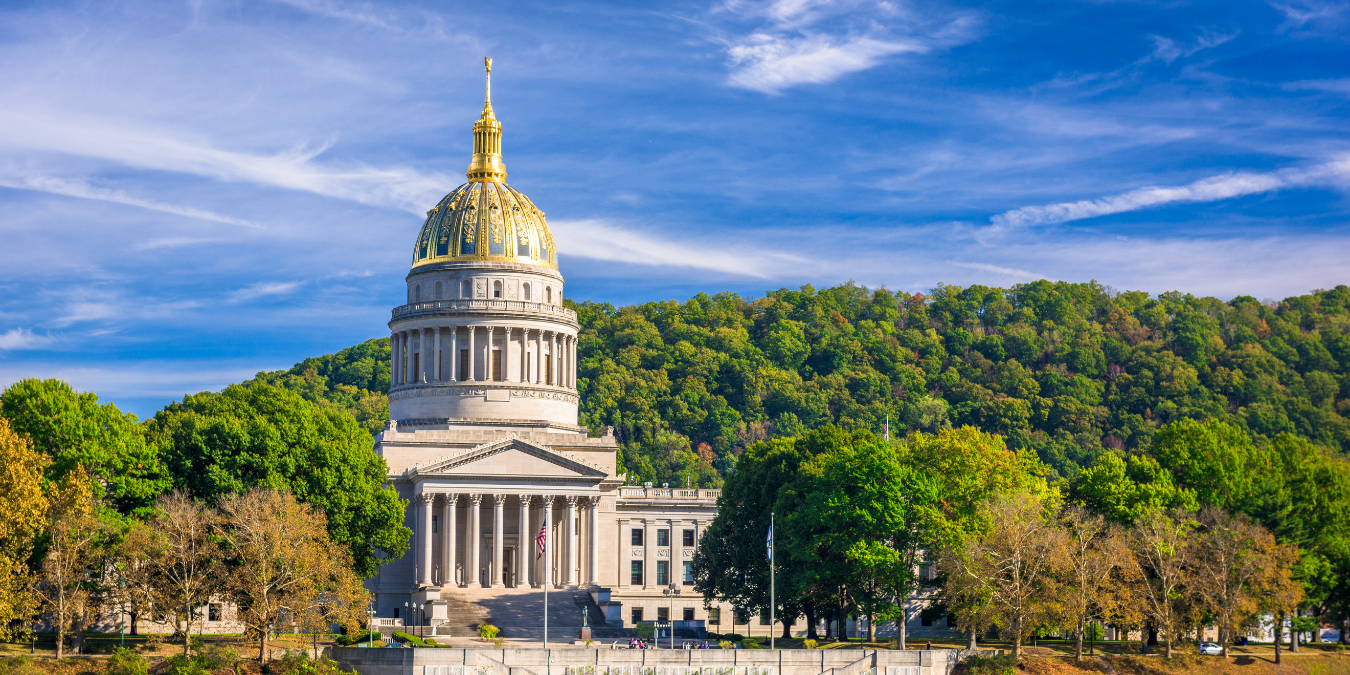By Luanne McGovern
The West Virginia Legislative Session will be drawing to a close on March 9 after consideration of over 2,500 bills. There are many important bills still in play, and it can be hard to predict what will happen. But many thanks to all our supporters who made their voices heard to your Senators and Delegates throughout the session – it DOES make a difference. Although there is not a great deal of good news to report, your continued support is greatly appreciated.
Here is an update on our key priorities, as of the end of February:
Net Metering: to protect and preserve long-standing net metering rules to ensure all solar users are entitled to the existing fair market retail rate.
Two bills (SB869 and HB5131) were introduced to ensure that solar producers would receive full market value for the power they produce, but neither bill was advanced.
In January, the West Virginia Public Service Commission held a public hearing on Mon Power and Potomac Edison’s proposal to drastically reduce the amount that solar producers are paid for the power they generate. A compromise was reached to (1) grandfather existing solar producers in to the one to one net metering rate, and (2) to set a new rate of $.09343/kWh for interconnections made after January 1, 2025. For further details on the compromise read John McFerrin’s story here.
Orphaned Gas Well Responsibility: to require bonds to be set before drilling begins to cover plugging costs for gas wells that are abandoned or orphaned.
SB532, the Orphan Oil and Gas Well Prevention Act of 2024 (similar to HB5414) was introduced by Senator Smith. Unfortunately, this bill did not move out of committee and so is dead for this session.
Community Solar: to promote access to affordable renewable energy through a solar facility subscription service.
Several bills have been introduced to help move the state forward with Community Solar opportunities. All were stalled in committee, continued victims of the coal lobby. Passage this year is again unlikely.
Other bills we have been monitoring:
SB171 – Prohibiting county commissions from adopting authorization that exceeds state law regarding agriculture operations. This bill was passed and signed by the Governor. It will centralize power at the state level and eliminate local government’s ability to protect residents, businesses and farmers. This unfortunate power grab by the state will make citizen efforts to fight unwanted local projects even harder than before.
HB5018 – To provide for Department of Environmental Protection oversight and authority governing community air monitoring programs. So far, this dangerous bill, which was passed by the House, has stalled in the Senate. Many thanks to everyone who testified at the House public hearing, and sent emails and phone calls to your Legislators.
SB688 – Authorizing director of Division of Forestry to contract and manage forest land. This bill would allow the Division of Forestry and the Division of Natural Resources to “contract for the management of state owned and leased forests and wooded lands for purposes of preventing wildfires.” We are very concerned that this would open state parks and forests to large scale timbering, in the name of forest fire prevention. The bill was passed by the Senate and is currently with the House Government Organization Committee.
SB618 – Authorizing Division of Forestry to administer certain exchange program. This bill would authorize the Division of Forestry to set up a statewide carbon credit exchange program for all forested property in the state. It would supersede all voluntary forest carbon credit programs currently in effect, taking away landowner rights. It has passed the Senate and is with the House Finance Committee.

